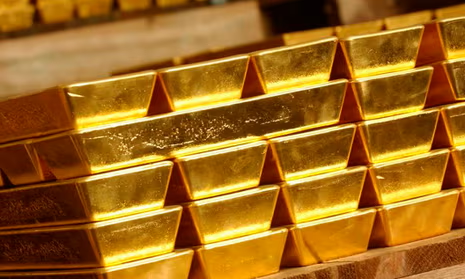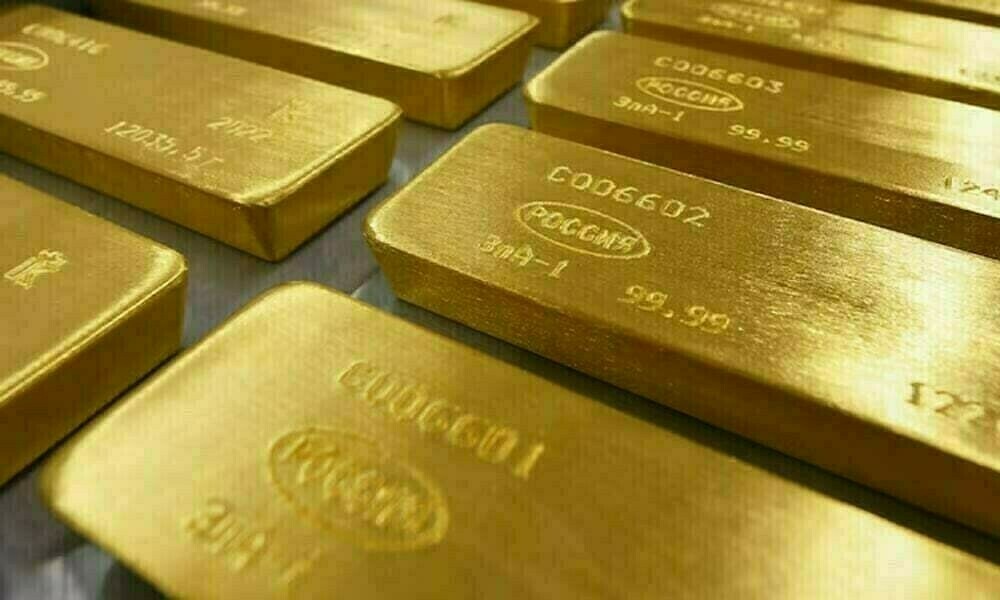1kg Gold Price in Africa | Prices of 24K and 22K Gold in 2025
1kg gold price, Gold is a symbol of wealth and value and one of the most searched precious metals in the world and plays a crucial role in economies worldwide. In Africa, where gold production is rich the price of 1kg of gold varies from country to country managed by local market factors like purity levels, and the strength of national currencies. Countries like Uganda, Ghana, South Africa, Nigeria, Mali, Kenya, Tanzania, and the Democratic Republic of Congo (DRC) play a key role in Africa’s gold trade. Gold Buyers Africa is a reputable company that will help you to find the best 1kg prices at competitive prices with high-purity gold direct from local miners in Africa.
In this article, we shall explore the competitive 1kg gold prices in these countries and why buyers should consider purchasing gold from Africa.

Current 1kg Gold Prices Across African Countries
The world price of gold is around $60,000 per kilogram and local factors like currency exchange rates, mining costs, government regulations, and market demand can control the price of gold in each country. 1 Uganda
Uganda has come out as a key player in Africa’s gold market with increasing mining activity, especially in Karamoja, Mubende, and Busia. The increasing demand for gold in Uganda has grown due to its neighboring countries with outstanding mining activities with the government’s efforts to standardize the sector have further stabilized prices.
2 Ghana
Ghana being known as the ‘gold coast’ it’s the largest gold producer in Africa with consistent offers of competitive gold prices. The country’s gold industry is well-developed with outstanding mining operations and the price of gold in Ghana is driven by both international market trends and the strength of the Ghanaian cedi (GHS).
3 South Africa
South Africa is known to have the deepest and most famous gold mines in the world but its gold production has slowed for some years in recent years while the country remains a dominant force in the African gold market. Local pricing can be determined by both the exchange rate of the South African rand (ZAR) and the high costs of mining in this region.
4 Nigeria
Nigeria is known for its oil wealth and is also expanding its gold mining sector where the country has seen a rise in gold purchases, and the prices of gold are affected by the local currency (naira), demand for gold in the Nigerian market, and the country’s efforts to encourage more formal mining activities.
5 Mali
Mali is one of Africa’s top gold producers, with its political instability in past years which makes the demand for gold in Mali remain high. The gold prices in Mali are largely influenced by international trends and can be affected by local currency fluctuations and government regulations.
6 Kenya
Kenya has an outstanding growth in gold production mostly in with an increase in artisanal mining which has made the country’s gold market grow rapidly, with gold prices often being competitive due to government initiatives aimed at formalizing mining operations.
7 Tanzania
Tanzania is another important African gold producer, with its gold mining sector benefiting from a government push to increase local production and exports. Prices in Tanzania are competitive, with an expanding middle class driving increased demand.
8 Democratic Republic of Congo (DRC)
The DRC is known for its rich gold resources mostly in the eastern regions where they face challenges like political instability and artisanal mining practices but still, the DRC gives competitive gold prices, mostly for those engaged in large-scale and formal mining ventures.

The Role of Purity in Gold Pricing: 24k vs. 22k
When buying gold in Africa the purity of the gold is a key factor in determining its price. The two most common purity standards are 24k and 22k, with 24k gold being pure gold 99.9% pure and 22k gold 91.7% pure.
24k Gold. This is the highest purity 24k gold considered to be pure gold containing 99.9% with a higher price per kilogram because it is free from any alloy metals which makes it the most searched metal for investment, jewelry, and industrial uses due to its high value and malleability.
22k Gold. This gold is 91.6% pure gold with slightly less pure form, mixed with alloys like copper or silver to make it more durable in jewelry. It is less expensive than 24k gold, but still considered high quality, and is often preferred for manufacturing and crafting jewelry due to its durability.
A Table Showing The Current 1kg gold price in Africa
| country | PURITIES | PRICES |
| Uganda | 24K | $60,000 |
| 22K | $55,00 | |
| KENYA | 24K | $61,000 |
| 22K | 56,000 | |
| GHANA | 24K | $61,500 |
| 22K | $56,500 | |
| TANZANIA | 24K | $60,800 |
| 22K | $55,800 | |
| MALI | 24K | $60,500 |
| 22K | $55,500 | |
| NIGERIA | 24K | $59,500 |
| 22K | $54,500 | |
| CONGO | 24K | $59,000 |
| 22K | $54,000 | |
| ZAMBIA | 24K | $63,000 |
| 22K | $57,100 |
All prices change depending on the Current world gold prices
Why Choose Gold Prices from Africa?
Africa is home to some of the world’s richest gold reserves, and purchasing gold from the continent offers several advantages for buyers. 1kg gold price
1 Competitive Prices
Due to the abundance of gold resources and the variety of mining operations across Africa, many countries can give competitive gold prices compared to other countries. Buyers can often find gold at lower costs mostly when buying directly from local miners or gold dealers in countries like Ghana, Uganda, Tanzania, and South Africa.
2 Direct Access to Fresh Supply
Many African gold markets are typically closer to the source providing buyers with direct access to freshly mined gold. This gives an outstanding advantage when it comes to price negotiations and avoiding the added costs of intermediaries.
3 Political Support for Gold Trading
Many African governments have policies to support and promote gold mining and trading with favorable conditions for buyers like efforts to formalize mining sectors, transparency, and support local gold trading activities which makes stability makes it easier for buyers to engage in secure transactions. +256785307551
4 Diverse Market Options
From formal mining operations to artisanal gold markets, Africa offers a variety of buying options to suit different preferences. While formal mining operations in South Africa, Ghana, and Mali provide large-scale, regulated gold, countries like the DRC and Uganda offer access to artisanal gold that may be priced more competitively.
5 Strong Demand and Growth Potential
Africa’s growing gold industry is increasingly attracting international investors. This demand continues to drive up the competitiveness of gold prices in countries like Kenya, Uganda, and Tanzania. The potential for future growth makes purchasing gold in Africa an appealing option for investors. 1kg gold price
Key Factors Influencing Gold Prices in Africa
1 Purity Levels.24K gold has 99.9% purity, while 22K gold contains 91.67% gold. Higher purity commands higher prices.
2 Mining Costs. Labor, machinery, and refining processes differ across countries.
3 Demand and Supply. Global market trends and geopolitical stability affect gold prices.
4 Logistics. Transportation, storage, and customs clearance costs impact final pricing.
Conclusion. Buying 1kg of gold in Africa can be a highly attractive option for buyers looking for competitive pricing mostly in key markets like Ghana, South Africa, and Tanzania. The factors of local currency fluctuations, mining conditions, and government policies play key roles in determining the price, with both 24k and 22k purity options available. With Africa’s rich gold reserves, diverse mining operations, and favorable conditions for buyers, this continent remains an ideal source for gold purchases. if you’re looking to invest or acquire gold for other purposes, African markets give some of the best deals worldwide. 1kg gold price
contact GOLD BUYERS AFRICA and enjoy the best prices of 1kg of gold
